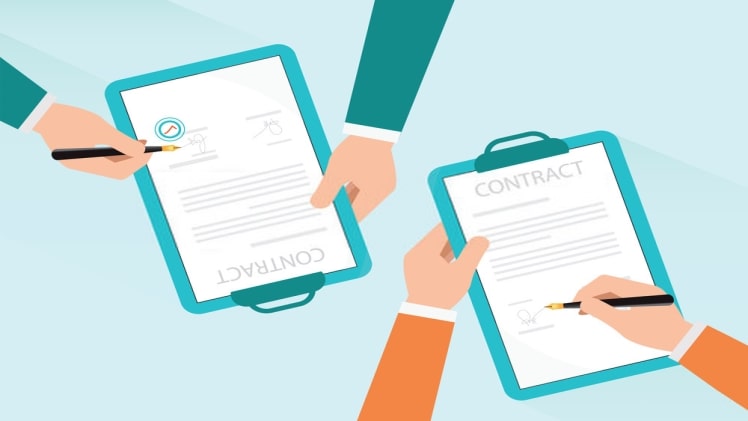Before contract negotiations begin, both parties should have an understanding of their original contracts. If they don’t, start with a draft of a new contract. Begin by agreeing on basic terms, such as the Statement of Work, job start date, and real estate property address. Start with an area of common interest and work from there. Then, the parties can proceed to discuss specifics. Then, move on to discussing the terms of the new contract.
Term Sheets
Term sheets for contract negotiation are preliminary documents that detail the terms of a deal. While financial terms are often the focus of term sheets, other terms define the rights and obligations of each party. These terms vary wildly depending on the asset type, indication, and development stage. Any vagueness in the terms can undermine the contract drafting process and create unnecessary tension during the contract negotiation. In some cases, term sheets are considered a proposal, but they are not legally binding.
Startup founders should negotiate their terms. This is crucial for the company’s credibility because accepting term sheets at face value can look inexperienced and unprofessional. Instead, focus on the most important issues and speak out when something isn’t right. The startup’s VC should see that it knows what it is doing and that it has the savvy to negotiate on important issues. After all, a startup’s success depends on how well it can negotiate the right terms.
Listening to the Other Side
As a contract negotiator, you may have a great deal of power if you learn to listen to the other party. Listening to what they’re saying, as well as the non-verbal cues they use, will help you tailor your responses accordingly. Here are three tips to listen to the other side during a contract negotiation:
Listening is the most important skill you can learn in contract negotiation. By actively listening to what your counterpart has to say, you’ll be able to address their priorities in a way that will benefit your interests. Moreover, by understanding their concerns, you’ll be better able to achieve your own goals through the finished contract. Listen carefully and don’t interrupt, but rather ask questions and clarifications only after they’ve explained their side.
Setting Clear Objectives
The first step in any negotiation is setting clear objectives. There may be multiple goals involved in the negotiation, such as reducing costs or increasing responsiveness. You may not have any particular desire to get a raise or a certain payment schedule, but you can still set priorities and prioritize accordingly. Then, you can negotiate more efficiently. Here are some tips for setting clear objectives during contract negotiation. Keep in mind that defining your objectives and setting short-term goals can help you achieve your long-term goals more effectively.
Before beginning a contract negotiation, you must determine what your desired result is. If you want to get the best possible price, for example, you may want a discount on a large purchase or training for employees using a new software program. You should be prepared to give up more to reach your goal. You can also make a list of the most important factors in a contract. Then rank them in importance, and decide how much you’re willing to compromise on each of them.
Building Trust
Trust is a critical factor for successful negotiations. However, it isn’t always easy to build trust. It depends on both the actors’ rational reasoning and their partners’ objective-interest matching. Numerous psychological tendencies can contribute to the development of trust. In this article, we will explore the factors that influence the building of trust. Read on to discover how to build trust during contract negotiations. Here are some tips:
Build trust by using words that resonate with your counterpart. In addition to using common words, you can try speaking their language and adopting the customs of the other party. By showing respect and being honest about your position and your needs, you can build trust. A relationship of mutual trust will make it easier to make compromises during the negotiation process. Once trust is built, negotiations will flow smoothly. Building trust in contract negotiation is a mutually beneficial process for both parties.

